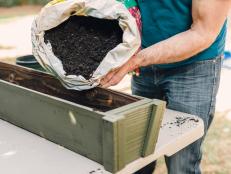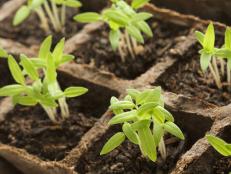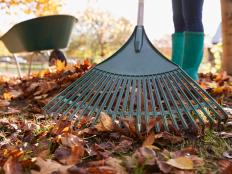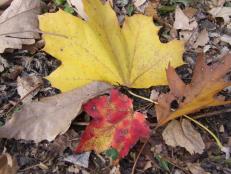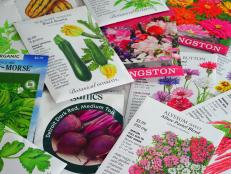Nonprofits: A Good Source for Seeds

Putting your investment dollars in company stock that shares your personal values is just one aspect of socially responsible living. While your IRA portfolio may promote positive social ideals, so too can you turn your dollars toward a good cause when buying seed for the new year's garden.
Purchasing supplies from nonprofit companies can support vital causes from sustainable agriculture to cultural diversity and habitat conservation, putting your money to work for social change.
One clue to nonprofit status is a website address that ends in ".org." Online stores were often created after establishment of the original nonprofit organization. The retail end generates cash to better ensure the agricultural, ecological and cultural value systems survive in a rapidly changing world.

Most organizations are devoted to preservation of diversity in the plant world. Plants no longer widely cultivated are disappearing from modern agriculture altogether. Continuous cultivation and seed banks are the only means of assured survival. Other goals may be conservation of native species with dwindling wild populations. Promoting species that conserve water resources is another issue. Even preservation of important heritage gardens themselves can be a nonprofit's reason to live.
These are some of the most well-established nonprofit catalogs and websites, along with their broader social and scientific goals:
- Seed Savers Exchange, www.seedsavers.org: This group was born in the 1970s as a network to encourage gardeners to save their seeds and exchange it with other gardeners to protect heirloom varieties. It expanded into Heritage Farm, which produces an excellent catalog of many hard-to-find varieties derived from these exchanges over the years. It offers a great selection of vegetables, herbs and flowers online, but also offers a print catalog.
- Native Seeds/SEARCH, www.nativeseeds.org: This organization works hand in hand with Native American tribes to preserve their traditionally grown varieties that may be thousands of years old. It specializes in crops of the Southwest and northern Mexico. It supports a seed bank and conservation programs through sales of these varieties and other cultural items. Order its seed online, or request a print catalog.
- Abundant Life Seed Foundation, www.abundantlifeseed.com: This organization has been devoted to conservation of rare and endangered food crops since 1975. It offers a good selection of heirloom vegetable plant seed, but is reeling from a devastating fire. Your support will help it rebuild. Catalog available for $2 donation.
- Bountiful Gardens, www.bountifulgardens.org: This company is devoted to spreading knowledge of biointensive gardening around the world. Bountiful Gardens offers an extensive list of vegetable seed and is a noteworthy source of grains. Catalog is free.
- Thomas Jefferson Center for Historic Plants, http://store.yahoo.com/monticellostore/. This group offers an online catalog of seed for heirloom annuals, perennials and food plants and supports the preservation of this important and historical Virginia agricultural site, its plants and historic collections. Obtain a free print catalog at the main site www.monticello.org, or call 800-243-1743.
Conscious living means you promote your personal values in everything you do. When you do business with these companies, you know you're contributing to a good cause while obtaining seeds and plants for your garden.
(Maureen Gilmer is a horticulturist and host of Weekend Gardening. E-mail her at mo@moplants.com. For more information, visit: www.moplants.com.)







